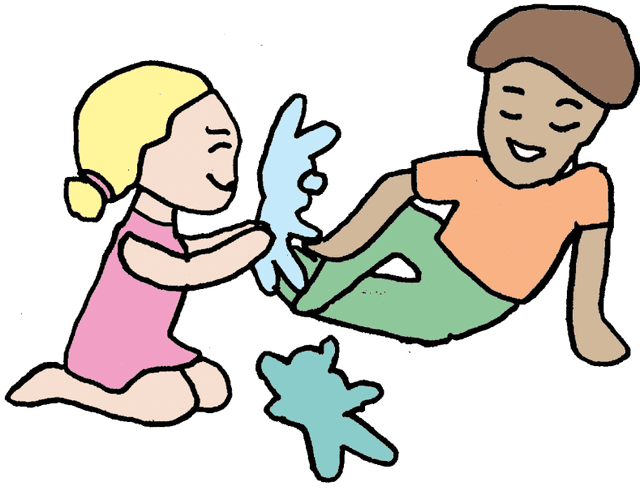Who is play therapy intended for?

Play therapy is primarily intended for children, but it can also be beneficial for adolescents and, in some cases, adults. Play therapy is a flexible and adaptable therapeutic approach that can be tailored to meet the specific needs of each child or individual, making it effective for a broad spectrum of conditions. Below are some examples:
- Anxiety:Including generalized anxiety, social anxiety, and separation anxiety.
- Depression:Helping children and adolescents express and manage feelings of sadness and hopelessness.
- Anger Management:Assisting with the expression and regulation of anger and frustration.
- Behavioural Problems:Addressing issues like aggression, defiance, and oppositional behaviour.
- Attention-Deficit/Hyperactivity Disorder (ADHD):Improving focus, self-control, and organizational skills.
- Trauma:Helping children process and recover from traumatic experiences.
- Abuse and Neglect:Providing a safe environment for children to express and work through experiences of physical, emotional, or sexual abuse.
- Grief and Loss:Assisting children in coping with the death of a loved one or other significant losses.
- Autism Spectrum Disorders (ASD):Enhancing social skills, communication, and emotional regulation.
- Developmental Delays:Supporting overall developmental progress and addressing specific delays.
- Attachment Disorders:Improving attachment and bonding.
- Divorce and Family Changes:Helping children adjust to changes in family dynamics, such as divorce or the arrival of a new sibling.
- Social Skills:Improving interaction with peers, making friends, and understanding social cues.
- Selective Mutism:Encouraging non-verbal communication and gradually increasing verbal interactions.
- Nightmares:Assisting children in coping with recurring nightmares and improving sleep quality.
- Physical Disabilities:Helping children adapt to physical limitations and enhancing self-esteem and coping strategies.
